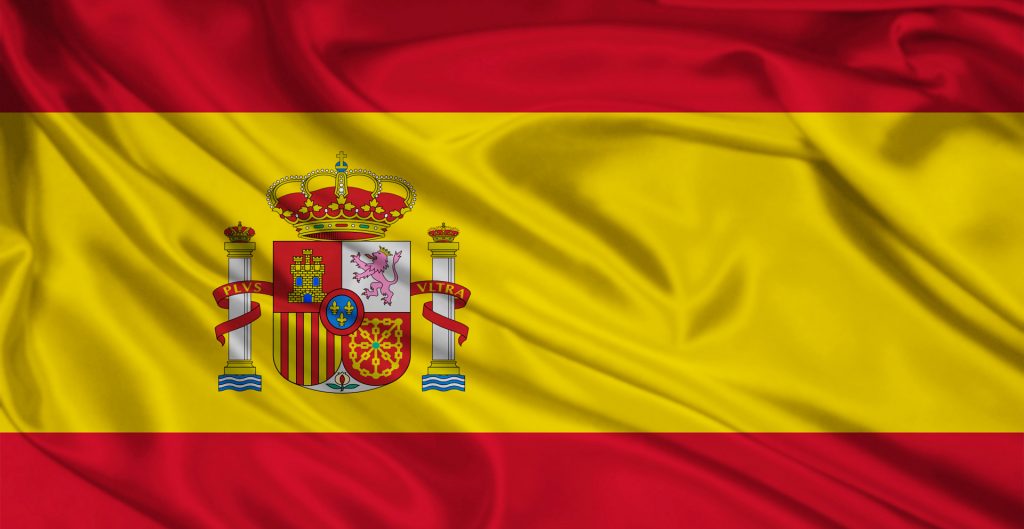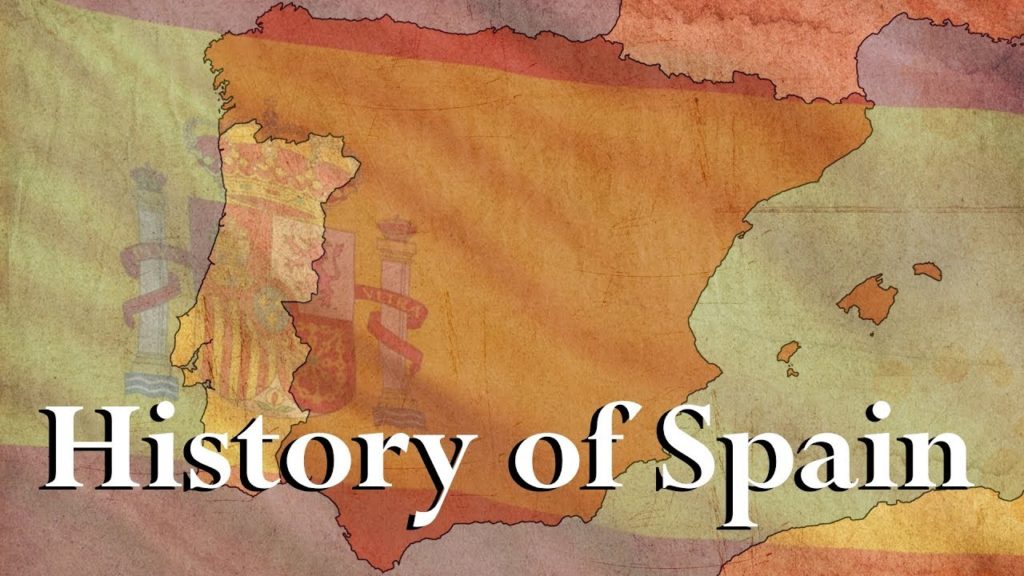The history of Spain
The history of Spain. Since the early Palaeolithic, Spain was inhabited by the Neanderthals, as discoveries of their remains evidence. The first civilisation was settled along the Mediterranean Sea near Tartessos. The Phoenicians from Lebanon conquered Gades (now Cádiz) and were later replaced by the Carthaginians. Then the Romans took Spain for the next 600 years.
Before the Moors occupation of the Iberian peninsula in the beginning of the eighth century, Spain was in hands of the Visigoten. The occupation of the Moors lasted nearly seven centuries. They spread Islam and evolved a high level of Moorish and Spanish culture. The Reconquest (Spanish: “Reconquista”) by the Christians was a long process that ended with the fall of Granada in 1492. This date is regarded as the real unification of Spain.
The Spanish Empire was one of the first modern global empires. Spain’s powerful world empire of the 16th and 17th centuries reached its height and declined under the Habsburgs. The Spanish Empire reached its maximum extent in Europe under the Habsburgs and-the Bourbons (1700-1868). The Spanish empire extended throughout the world. Spain and France united under a single Bourbon monarch would upset the balance of power led to the War of Spanish Succession between 1701 and 1714. It pitted powerful France and weak Spain against the Grand Alliance of England, the Netherlands, and Austria. After many battles, especially in Spain, the Grand Alliance finally won.

The development of the history of Spain
In the second half of the 19th century, the Spanish-American War led to the loss in 1898 of the last Spanish colonies in the western hemisphere (Cuba, Puerto Rico, Philippines).
Spain was a republic in 1931 (Spanish Republic), after King Alfonso XIII was forced to act. Continued political instability eventually led to the Spanish Civil War (1936-1939). It was begun as a nationalist revolt against the legitimate republican government, but due to all foreign interference, it became a conflict between democracy and fascism.

General Franco, leader of the nationalists, received support from Germany and Italy, while the government was aided by the former Soviet Union. The nationalists overcome, and General Franco assumed power as a dictator until his death in 1975.
After the death of Franco, the monarchy was restored. Juan Carlos, the grandson of Alfonso XIII, became the new king. In 1978 a new democratic constitution was adopted and a decentralized structure of government with autonomous regions was established.

Click here to see our full offer of properties at the Costa Blanca.





